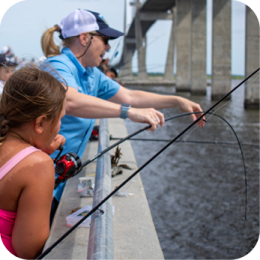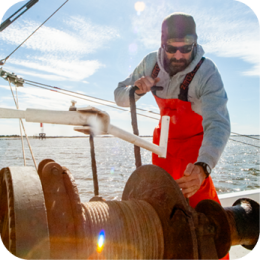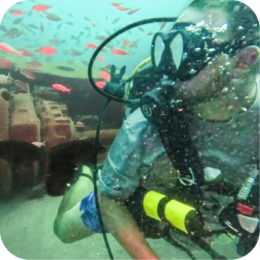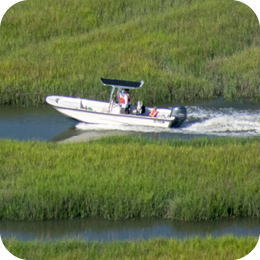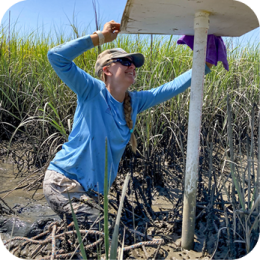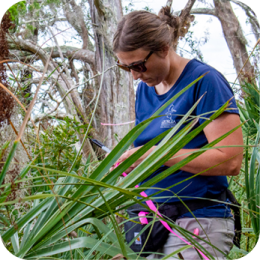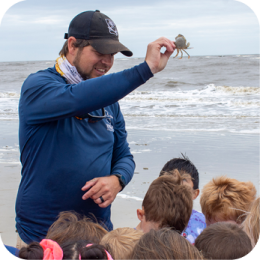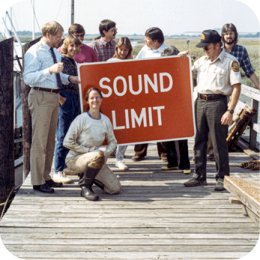
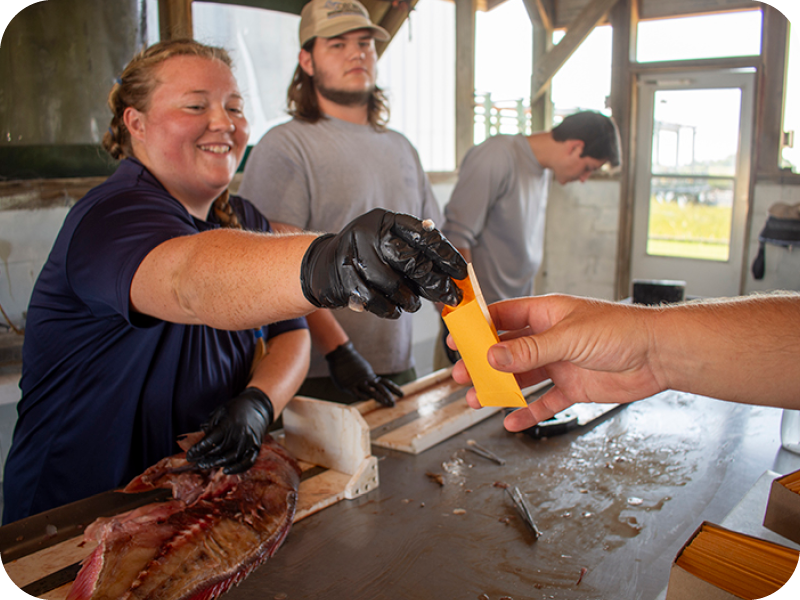
Project Overview
The Georgia Department of Natural Resources Coastal Resources Division initiated the Marine Sportfish Carcass Recovery Project (MSCRP) in fall of 1997. This project is a collaborative initiative between the GADNR CRD and coastal anglers. The MSCRP relies on donations from filleted fish carcasses from hundreds of anglers by turning the normally discarded fish carcasses into a source of much needed data on Georgia’s marine sportfish. The project is a true partnership of saltwater anglers, marine businesses, conservation groups, and the Coastal Resources Division.
The information provided by fish carcasses is used in a variety of analyses, all of which help biologists and managers better understand the status of Georgia’s coastal fish populations. These data can be used in a descriptive manner to examine trends in the size and age structure of a population such as tracking changes in the average size of Spotted Seatrout over time. Often times the data from fish carcasses are used in very sophisticated analyses such as the coastal stock assessment for Atlantic coast Red Drum in which length and age information collected from donated Red Drum carcasses are used by stock assessment scientists with the National Marine Fisheries Service.
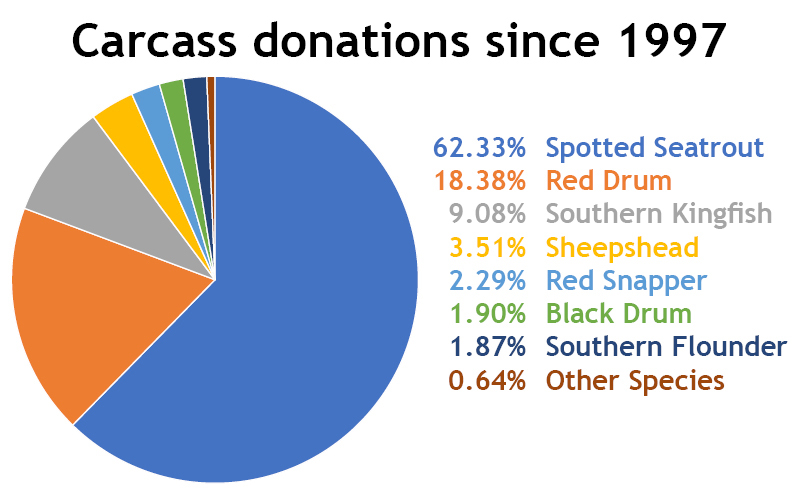 Chest freezers are placed near fish cleaning stations at both public access locations, marinas, as well as private community docks along the Georgia coast. Each freezer is marked with an identifying sign and a list of target fish species. Cooperating anglers can place the filleted carcasses, with head and tail intact, in a bag, drop in a completed angler information card, and then place the bag in the freezer. Each fish is identified to species, the fish length is measured, sex is determined, and the otoliths are removed. The otoliths are then used to age the fish. Over 2,800 unique anglers have donated more than 94,000 fish carcasses since the project began. Anglers who participate are often rewarded with incentives such as hats, t-shirts, and/or stickers.
Chest freezers are placed near fish cleaning stations at both public access locations, marinas, as well as private community docks along the Georgia coast. Each freezer is marked with an identifying sign and a list of target fish species. Cooperating anglers can place the filleted carcasses, with head and tail intact, in a bag, drop in a completed angler information card, and then place the bag in the freezer. Each fish is identified to species, the fish length is measured, sex is determined, and the otoliths are removed. The otoliths are then used to age the fish. Over 2,800 unique anglers have donated more than 94,000 fish carcasses since the project began. Anglers who participate are often rewarded with incentives such as hats, t-shirts, and/or stickers.
Carcass Donations Over Time
Click the play button at the bottom left to see what types of species have been donated over time to the project.
Find a Freezer
| Freezer Location | Address | City | Phone |
| The Landings Harbor Marina | 600 Priest Landing Drive | Savannah | (912) 598-1901 |
| Hogan's Marina | 36 Wilmington Island Road | Savannah | (912) 897-3474 |
| Bahia Blue Marina | 2812 River Drive | Thunderbolt | (912) 354-2283 |
| Savannah Bend Marina | 188 Old Tybee Road | Thunderbolt | (912) 897-3625 |
| Fort McAllister Marina | 3203 Fort McAllister Road | Richmond Hill | (912) 727-2635 |
| Halfmoon Marina | 171 Azalea Road | Midway | (912) 884-5819 |
| Shellman Bluff Fish Camp | 1058 River Road Northeast | Townsend | (912) 832-4331 |
| Georgia DNR WRD Fisheries Office | 108 Darling Avenue | Waycross | (912) 285-6094 |
| Two-Way Fish Camp | 250 Ricefield Way | Brunswick | (912) 265-0410 |
| Blue-N-Hall Marina | 1520 Blue N Hall Road | Darien | (912) 347-4677 |
| Morningstar Marina | 206 Marina Drive | St. Simons Island | (912) 480-0266 |
| St. Simons Fishing Club | 100 Arthur J. Moore Drive | St. Simons Island | (912) 638-9146 |
| Hickory Bluff Marina | 307 Hickory Bluff Drive | Waverly | (912) 222-2672 |
| Davidson Bait & Tackle | 290 East Meeting Street | St. Marys | (912) 510-0644 |
Contact Project Coordinators
Can’t find a carcass freezer close enough to you? Encourage your local marina to participate! Marinas and fishing clubs who would like to host one of our freezers should contact Chris Kalinowsky or Ryan Harrell at (912) 264-7218.
See what we do
Watch this short video to see what CRD biologists and technicians do with your donated carcasses.
